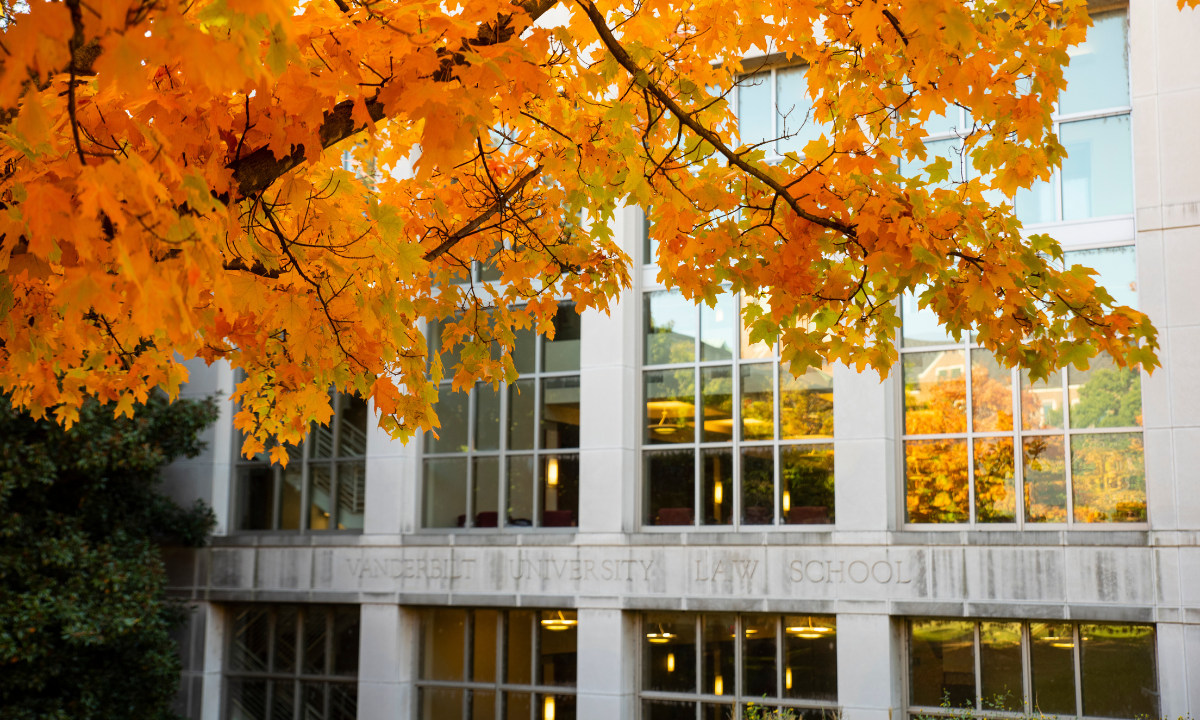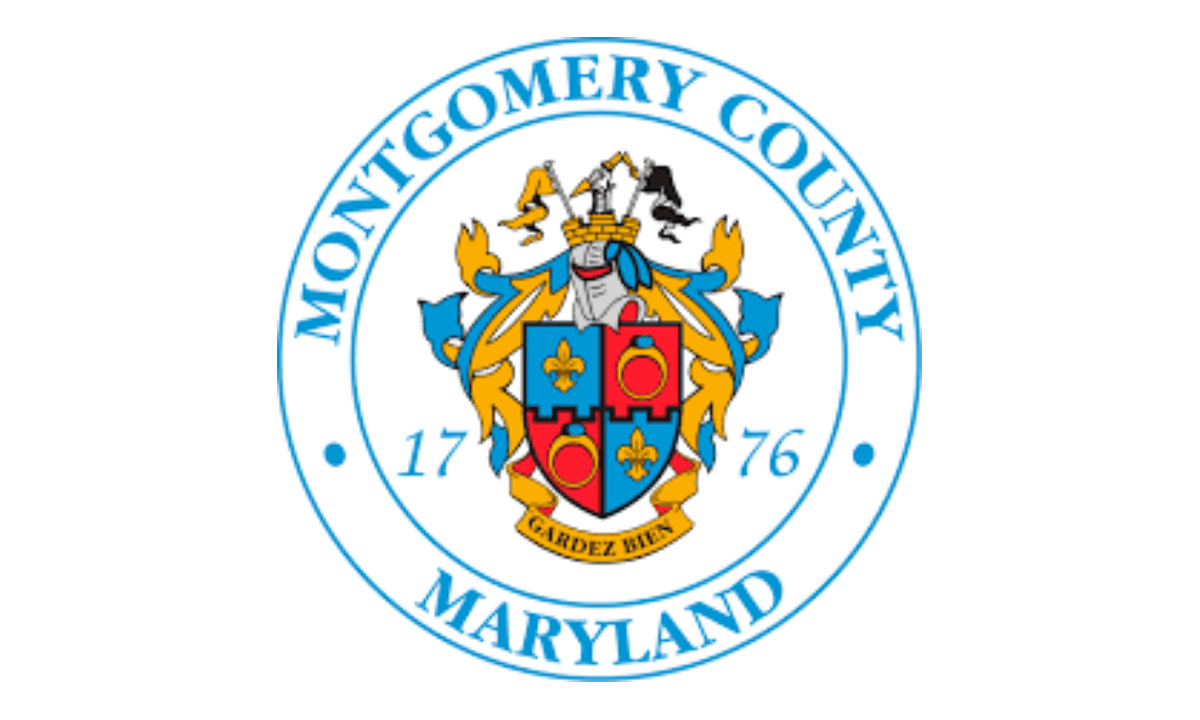The First Amendment Clinics at Arizona State, Duke, Illinois, and Vanderbilt law schools filed an amicus brief in a pending case before the U.S. Supreme Court, Lindke v. Freed, to advocate for the First Amendment rights to access the social media platforms of government officials and agencies.
Additional amici include the First Amendment clinics at Southern Methodist and Tulane law schools, a legal scholar, and a nonpartisan coalition of citizens and journalists whose comments have been deleted or hidden or who have been blocked by public officials and public entities from their social media accounts.
In the case pending before the Supreme Court, a Michigan city manager, James Freed, deleted comments and blocked a citizen, Kevin Lindke, from his public Facebook page after Lindke criticized Freed’s COVID-19 policies. Freed’s social media block violated Lindke’s First Amendment rights by preventing Lindke from seeing the page and interacting with its posts. The Sixth Circuit Court of Appeals applied a narrow version of the state action test that deviated from other circuits. To resolve this split, the Supreme Court granted cert in Lindke and a related Ninth Circuit case, Garnier v. O’Connor-Ratcliff.
In their brief, amici advocated for the Court to adopt a rebuttable presumption of public access to social media accounts of government officials and entities, proposing a standard that establishes a clear, bright-line rule that provides robust protections for expression and enhances judicial administrability.
“The Clinic is taking a distinct position from the parties in Lindke. A presumption of public access to government social media accounts is the most protective of First Amendment freedoms,” explained Olivia Augustini ’25, a student in the Vanderbilt Law School Stanton First Amendment Clinic, who assisted with drafting the brief.
Amici also highlighted the key role social media plays in the dissemination of government information, the facilitation of interactions between officials and constituents, and the public’s political discourse through numerous case examples. “The proliferation of social media as the primary means of communication among public officials and their constituents, as well as the press, creates an urgent need for the Supreme Court to adopt a standard reflective of modern times and heightened First Amendment protections,” said Lena Shapiro, director of the First Amendment Clinic at the University of Illinois College of Law.
The resolution of this case will determine how government officials will structure and use their social media pages to interact with their constituents and will shape the public’s First Amendment rights in the digital world, according to Jennifer Safstrom, who directs the Stanton First Amendment Clinic at Vanderbilt.
“This case is especially important for people who live in small towns and rural areas, where the social media accounts of local officials are often the only source of information about local government. If you’re blocked from those sites, you’re effectively prevented from learning what your government is doing,” said Sarah Ludington, who directs the First Amendment Clinic at Duke Law School.
Amici are committed to increasing access to governmental information and to protecting the public’s freedom of expression. The Supreme Court will consider the parties’ and amici’s’ arguments in their next term, which begins in October 2023, and will render a decision by June 2024.


